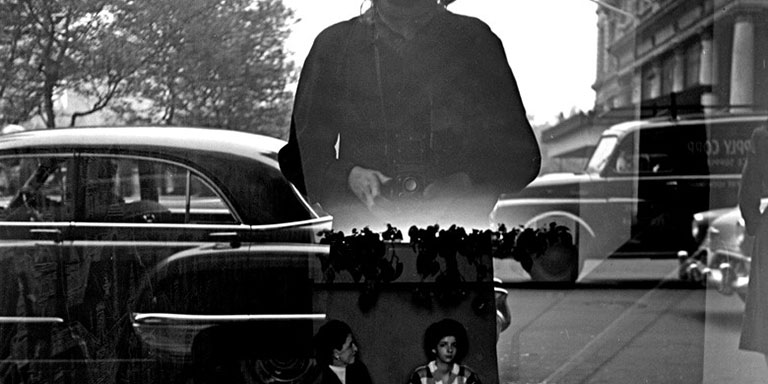- Course Description
Pregnancy, procreation, abstinence, and cloning: fantasies and formulas for reproduction have been central to Russian literature and culture since the nineteenth century. Exploring the works of artists as varied as Tolstoy, Tsvetaeva, Kollontai, Krzhizhanovsky, Askol’dov, and Ulitskaya, we will trace the ways in which biological experiences can transform into narrative experiments. Starting with the anti-procreative tendencies of the nineteenth century, we will then pursue pregnancy as a metaphor for social change and national redemption (or its satirical mutations) in Soviet Russia, and we will end the semester examining the role of pregnancy and reproduction in post-Soviet fiction. Along the way, we will ground our readings in the theoretical works of Freud, Benjamin, Bakhtin, and the Russian Formalists, among others. Drawing from works of Russian realism, Soviet Socialist Realism, as well as contemporary literature and film, this course is designed to show the many ways that pregnancy is intimately bound to culture, ideology, and national traditions as well as the (re)production of stories. With each reading, we will seek to uncover that perplexing relationship between biological and artistic creation.
Great Expectations: Pregnancy and Procreation in Russian Literature

 The College of Arts
The College of Arts